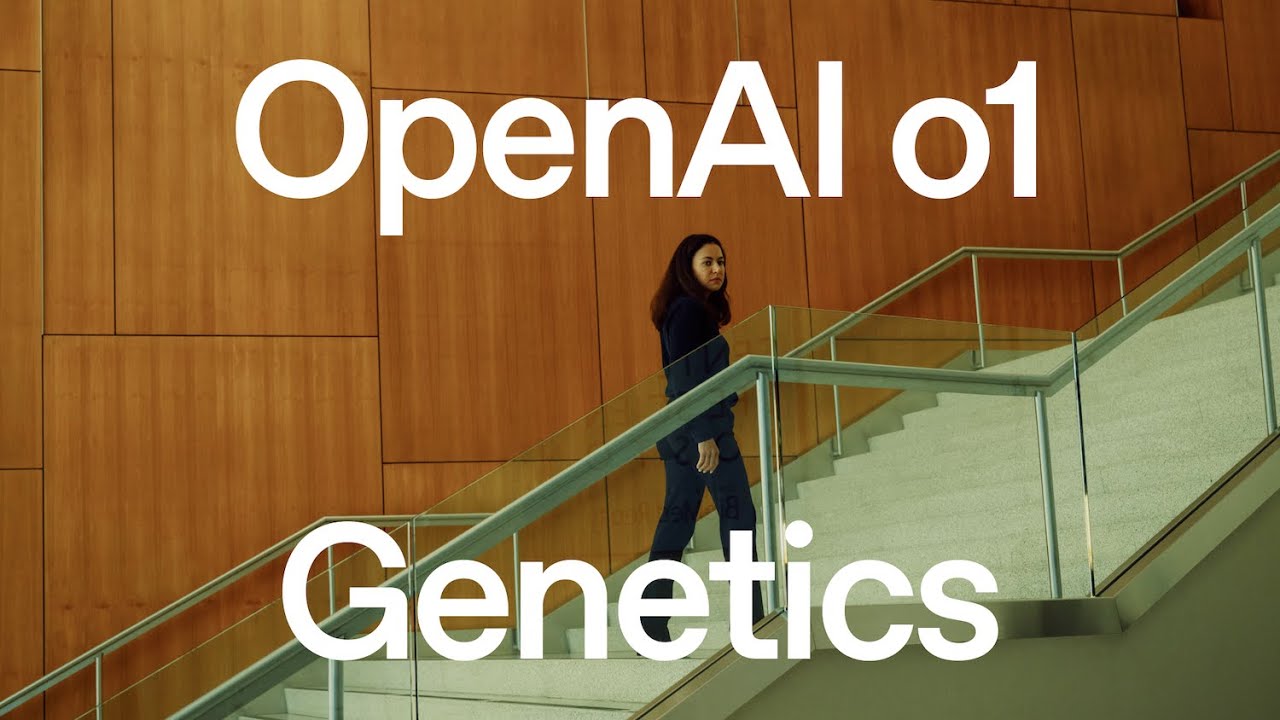Catherine Brownstein discusses the complexities of genetic disorders and the challenges faced by patients with unique symptoms, emphasizing the importance of collaboration and community in genetic research. She highlights the role of artificial intelligence in enhancing her research efficiency, allowing her to explore potential genetic traits and improve diagnostic approaches while acknowledging the emotional toll of her work.
In the video, Catherine Brownstein, a geneticist at Boston Children’s Hospital and the scientific director of the Man Center for Orphan Disease Research, discusses the challenges of working with genetic disorders, particularly in cases where patients present unique or unexplained symptoms. She highlights the complexity of genetics, noting that there are approximately 20,000 genes, making it nearly impossible for any one person to be an expert in all of them. This complexity often leaves patients feeling like medical refugees, as they struggle to find answers to their health issues.
Brownstein describes her work with “N of One” cases, where she encounters patients whose conditions have not been previously documented. These patients often feel isolated, believing they are the only ones experiencing their specific symptoms. However, she emphasizes that there may be communities of individuals with similar conditions who have yet to connect. This highlights the importance of collaboration and information sharing in the field of genetics.
The video also touches on the role of artificial intelligence (AI) in aiding genetic research. Brownstein explains how AI tools, such as chat-based reasoning systems, have significantly improved her ability to gather and synthesize information. Instead of manually searching through multiple articles, she can now quickly prompt the AI to summarize relevant information, making her research process much more efficient.
An example is provided where Brownstein encounters a case involving a patient with bladder pain, and she uses AI to explore potential genetic traits related to bladder health. The AI helps her understand the implications of specific genetic variants, offering insights into whether they might be causing decreased or increased activity in relevant biological processes. This capability allows her to consider multiple hypotheses simultaneously, enhancing her diagnostic approach.
Finally, Brownstein reflects on the emotional toll of her work, acknowledging that some cases can be particularly challenging and keep her awake at night. She emphasizes that no case is ever truly closed, as the pursuit of understanding complex genetic conditions is an ongoing journey. The combination of her dedication, the use of AI, and the potential for community collaboration represents a hopeful path forward in the field of genetics.
